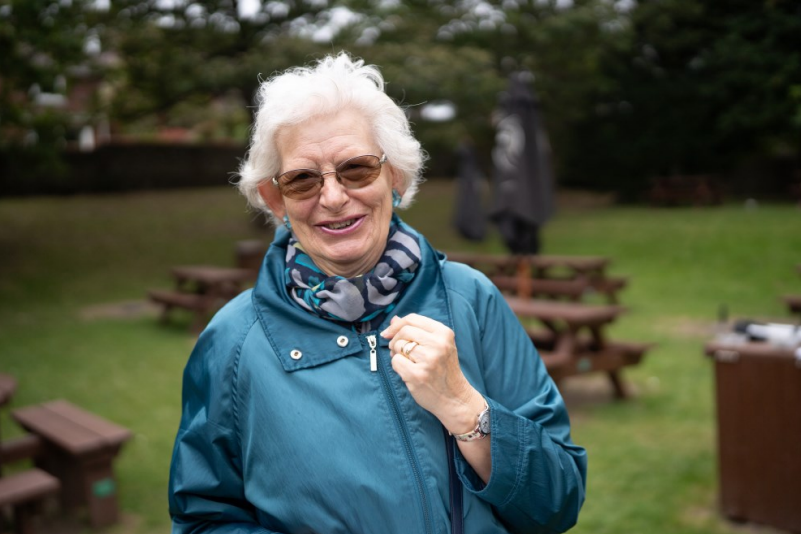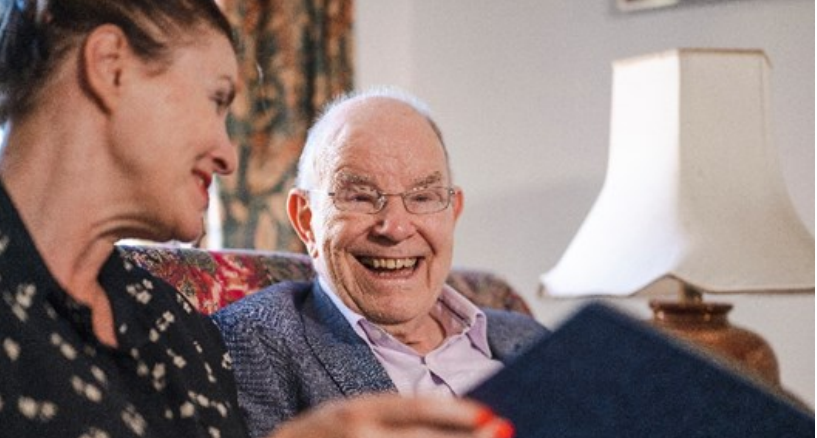Mental Health and Wellbeing Practitioners (MHWP)
This guide will help explain the role of mental health and wellbeing practitioners in our older people and frailty teams and what to expect when accessing support.

What is a mental health wellbeing practitioner?
Practitioners have psychological based training and provide wellbeing focused support to help you tackle specific issues that might be affecting your overall wellbeing. They use evidence-based techniques which are informed by well-established approaches like cognitive behavioural therapy.

Why have you been referred?
The community mental health team you have been working with have likely referred you as they feel you may benefit from some specific support around your general wellbeing.
What support do we offer?
- Confidence building
- Encouragement to engage in rewarding activities, rather than avoid or withdraw
- Help tackling specific anxiety-provoking situations
- Support to improve sleep health
- Problem solving
- Recognising and managing emotions
- Education and support around how to manage medications
- Guided support around eating difficulties
What we offer is entirely based on your individual needs and goals. It might be a combination or a focus on one area. We’ll discuss this with you as we develop how we can best help.
How do we know what support will help?
At your first appointment we will complete an initial assessment to understand what you feel your difficulties are. This takes about one hour.
After the session, we bring together a range of things we think might be helpful and then discuss with you what you think would be best. This is a good opportunity to ask any questions.
Who will be in the session?
We normally work on a one-to-one basis, either in a local clinic or in your own home (where this is better for you). You can bring a trusted friend or family member for support. Please be mindful that some discussions will be personal and we may ask them to step out at certain points with your agreement.

What is expected of you?
Throughout your time with us, we ask that you are open and honest so that we can offer the right support at the right time.
How long will support be for?
The number of sessions we usually provide is 10-15, however we decide this on an individual basis and sometimes people need more or less. Each session will last approximately one hour.
Do I need to do work outside of sessions?
We usually provide activities for you to complete after sessions to help you use the tools and skills we have discussed. It allows you to put into practice what you have learnt in a real-life setting. Doing this work outside of the sessions allows you to work through any issues you may have in understanding or using the skills, so you can talk to us about any challenges in future sessions.
What if I can’t attend?
If you are unable to attend an appointment, we ask that you let us know as soon as possible so that we can rearrange your session and free up an appointment for someone else who may be waiting. To be as effective as possible it is important that you attend the weekly sessions. If you do not attend three appointments, we will discuss whether we can continue to help at this time and possibly look at discharge.
Please note that these roles are only currently based in Louth and Spalding. Should you require additional support, please contact our Single Point of Access (SPA) team on 0303 123 4000.
If you would like this leaflet in another language or format, such as Braille, large print or audio, please contact lpft.communications@nhs.net
Every effort has been made to ensure that the information in this leaflet was correct at the time of print. However, changes in law may mean that in time some details in this leaflet may be out of date. Anyone using our services will be treated with dignity at all times and their faith and cultural needs will be accommodated where practically possible. The Trust is fully compliant with the Data Protection and Confidentiality: NHS Code of Practice requirements.

